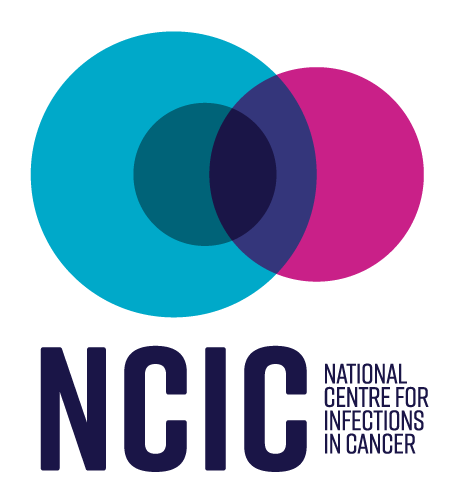Febrile Neutropenia Resources
Australasian Consensus Guidelines for the Management of Neutropenic Fever in Patients with Cancer | 2024 Showcase
Low-risk Neutropenic Fever
Ambulatory management program for patients with low-risk neutropenic fever
-
“No Place Like Home” is an ambulatory management program for patients at low risk of neutropenic fever.
We have developed an implementation Low risk toolkit to assist health care workers in implementing this program at their own centres.
Please ensure that they are appropriately adapted for your centre following multi-disciplinary stakeholder consultation.
-
We have developed an implementation Low risk toolkit to assist health care workers in implementing this program at their own centres.
-
Consensus Guidelines for the Management of Neutropenic Fever
Ambulatory management program for patients at high risk of neutropenic fever
-
We have put together the Australasian Consensus Guidelines for the management of neutropenic fever in adult and paediatric cancer patients.



